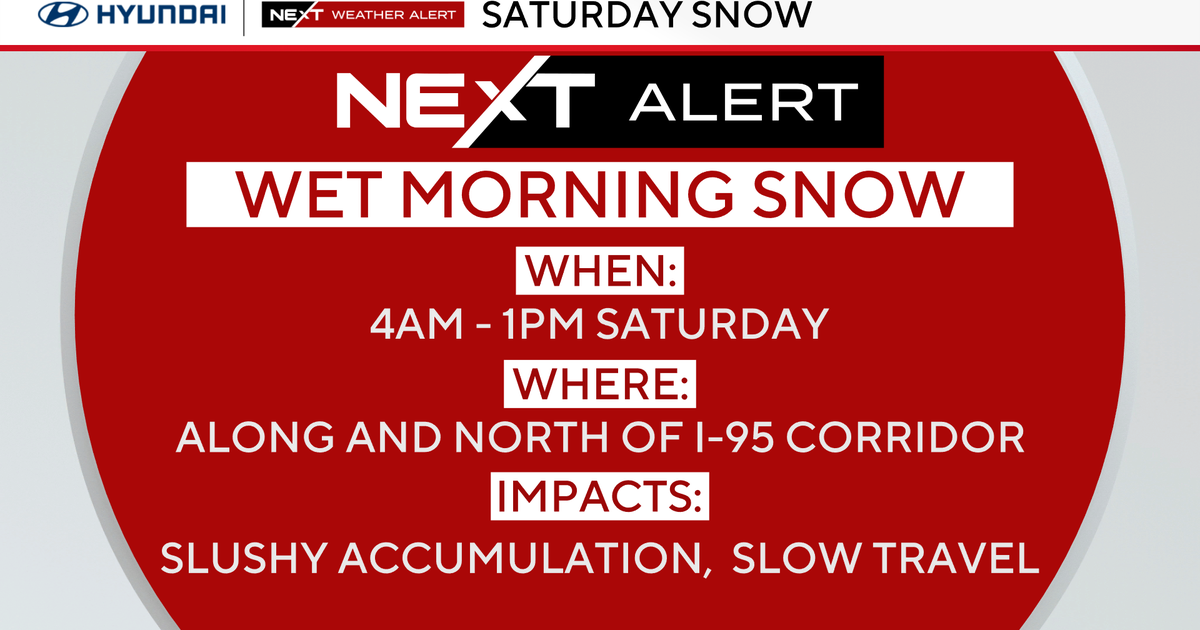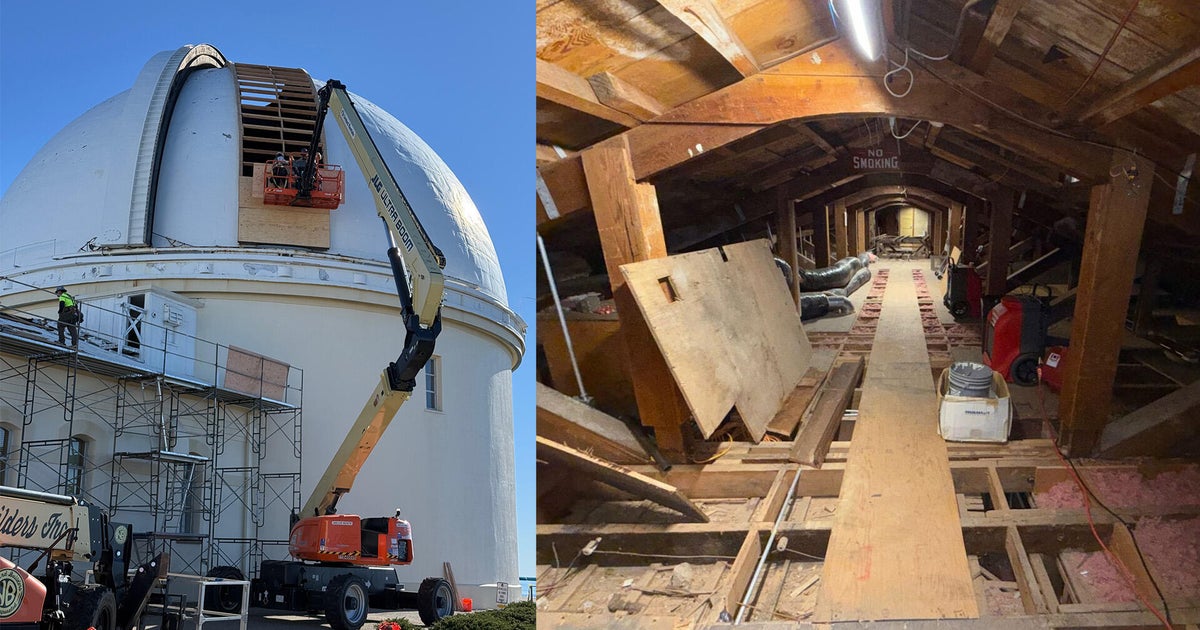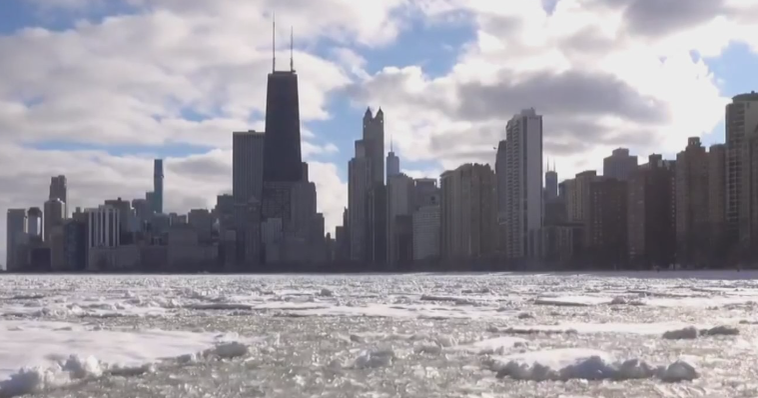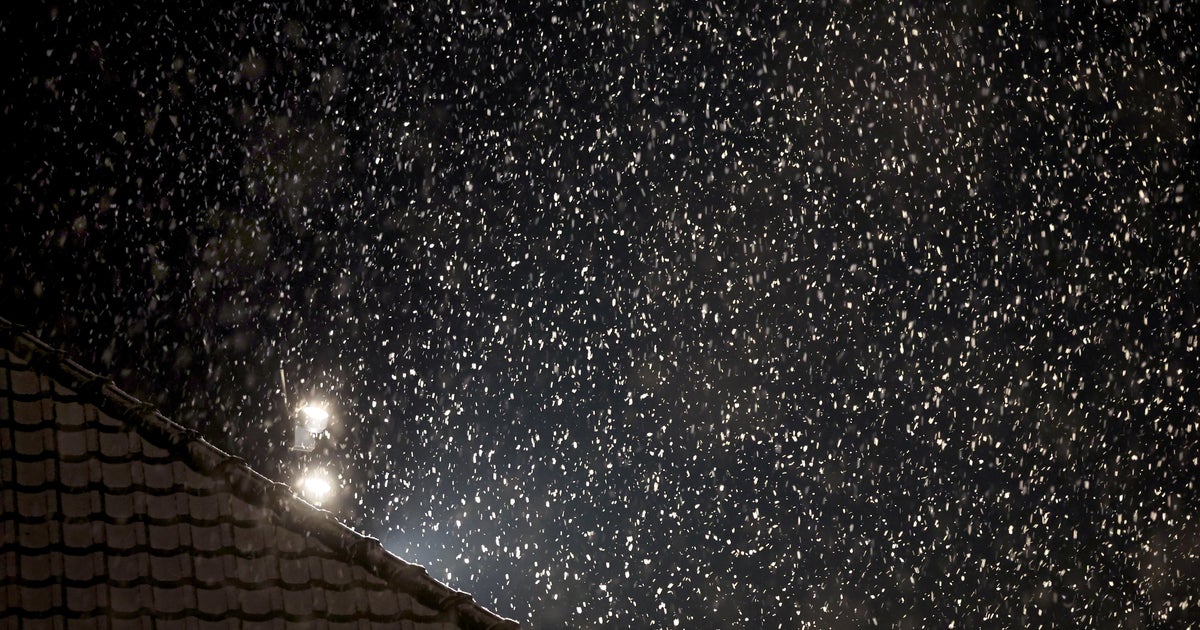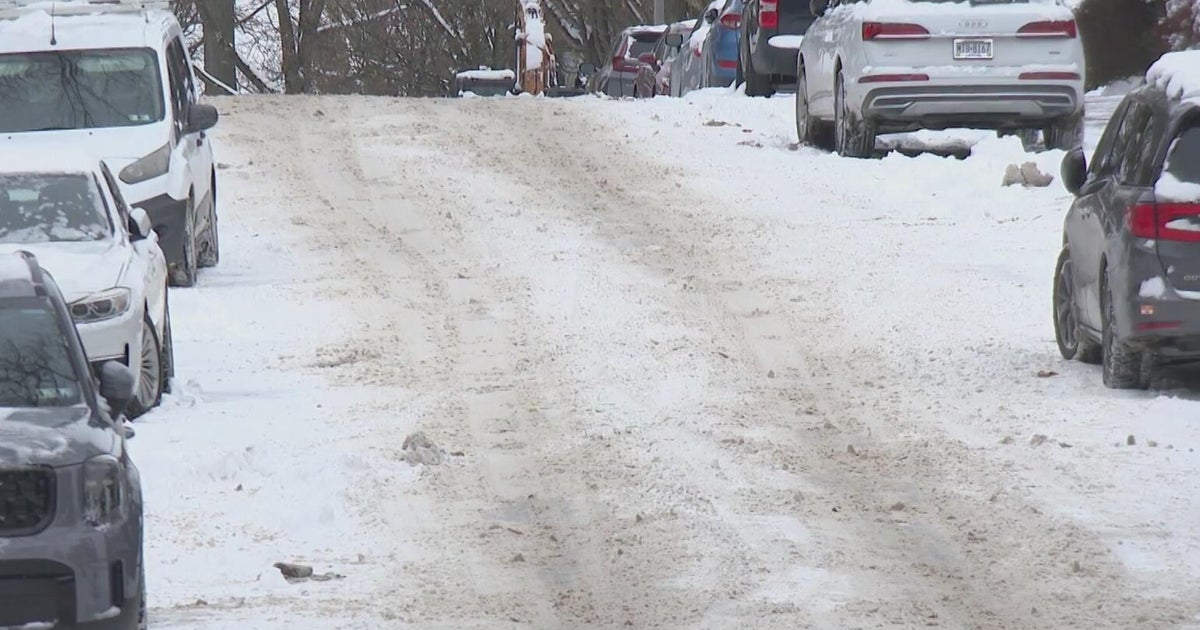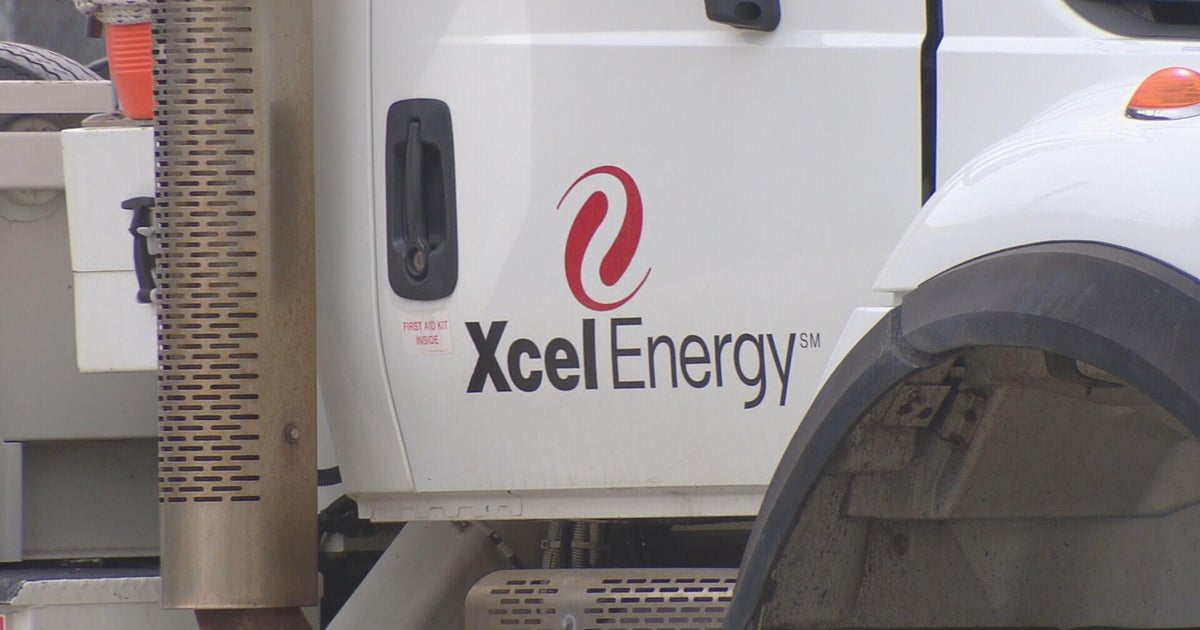More extreme weather is taxing power grid in western Pennsylvania
PITTSBURGH (KDKA) — The power grid is continuing to age. Yet the demand for more clean energy is going up.
It's also battling the elements as the weather turns more extreme. We may not be noticing more frequent storms, but we are seeing more intense storms.
"The weather appears to be getting more severe," said Todd Meyers with West Penn Power.
Dr. Jason Shafer is the chief science officer for Disaster Tech, which specializes in projects that focus on weather extremes and their impact on the current power grid. He explained why storms are getting stronger.
"When you have more water in the atmosphere, you're going to get more latent heat release and that's an important process for intensifying storm systems," Shafer said. "So that will make a pressure gradient tighter, and therefore the winds can be stronger."
He says that wind is the number one reason for power outages in western Pennsylvania, with one of the main reasons being trees falling onto power lines. Meyers says that wind doesn't generally blow poles over.
"Western Pennsylvania doesn't get in those hurricane-type situations, but we get up to 80 mph sometimes," Meyers said.
Winter weather comes second, including wet snow and accumulating ice that can weigh down the power lines.
So with more weather extremes happening, how do we tackle them?
"We're trying to modernize the electric grid," Shafer said. "At the same time, put more demands on it. And climate change and extreme weather are forcing storms to be stronger and more damaging. So it's kind of a triple whammy."
West Penn Power says that it has already started this in a couple of different ways. It has been trimming trees along local power lines so the branches or roots don't fall onto them, and it has been installing new automated equipment to isolated areas that have received damage so customers don't lose power.
"The systems need to be hardened. We need to do what we need to do to make things more resilient because of this," says Meyers.
Shafer says the federal government has been involved too.
"There's a fair amount of federal money starting to flow programs and there's a variety of programs and ways this is happening," Shafer said.
But even with our power grid still holding steady for now, this is going to be a nonstop project for years to come.
"This is something that's not going away for the next generation. We're going to have to keep investing in a lot of things here," says Dr. Shafer.
